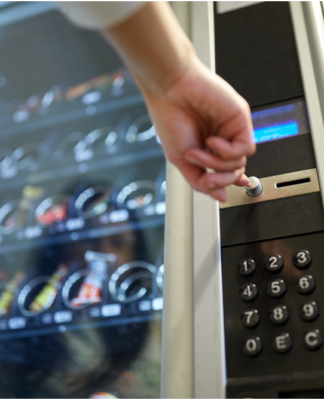Suppose you or someone you know suffers from a mental illness and a substance abuse problem, a dual diagnosis treatment rehab can help. It is a facility that specializes in the treatment of patients with both mental illnesses and substance abuse problems. These centers provide a variety of services, including individual and group therapy, medication management, education, and support groups.
A dual diagnosis treatment center is designed to help a patient manage their symptoms and live a healthy and productive life.
The most common dual diagnosis in treatment centers are;
1. Depression and Anxiety
The most common dual diagnosis that is seen in treatment centers is depression and anxiety. This is often a difficult diagnosis to treat because the two conditions can feed off of each other. A person who is depressed may turn to drugs or alcohol to try and self-medicate. This can then lead to a worsening of their depression. Treatment for this dual diagnosis often includes a combination of medication and therapy.
2. PTSD and Substance Abuse
This is often seen in veterans who have come home from war. They may turn to drugs or alcohol to help them cope with their PTSD. PTSD makes them feel isolated and alone. They may feel like they are not worthy of help; therefore, they turn to drugs or alcohol making their symptoms worse.
3. Schizophrenia and Marijuana Addiction
Marijuana addiction is also one of the most common dual diagnoses in a treatment center. Schizophrenia is a mental illness that causes delusions, hallucinations, and disordered thinking. People with schizophrenia often abuse drugs or alcohol to self-medicate their symptoms. Marijuana can make the symptoms of schizophrenia worse.
4. Depression and Cocaine Addiction
When a patient comes in to be treated for depression and cocaine addiction, they will usually go through detox first. This will help to rid their body of the harmful toxins that have built up over time. After detox, the patient will then begin therapy. This will help them to understand their addiction and learn how to cope with their depression.
5. ADHD and Alcohol Abuse
It’s estimated that between 30 and 50 percent of people with ADHD also have a problem with alcohol. Alcohol is often used as a way to self-medicate the symptoms of ADHD, such as impulsivity and hyperactivity. But alcohol only makes these symptoms worse and can lead to addiction.
6. Eating Disorders and Appetite Suppressants
Eating disorders are another common dual diagnosis treatment center. An estimated 10 percent of people with eating disorders also abuse drugs or alcohol. Appetite suppressants are often used as a way to control weight, but they can be addictive and when combined with an eating disorder, they can be deadly.
Treatment for a dual diagnosis of schizophrenia and marijuana addiction generally includes medication to control the symptoms of schizophrenia, as well as individual and group therapy.
Conclusion
These are just a few examples of the most common dual diagnoses that treatment centers see. If you or someone you love suffers from a mental illness and a substance abuse problem, there is help. A dual diagnosis treatment center can provide the resources and support they need.















